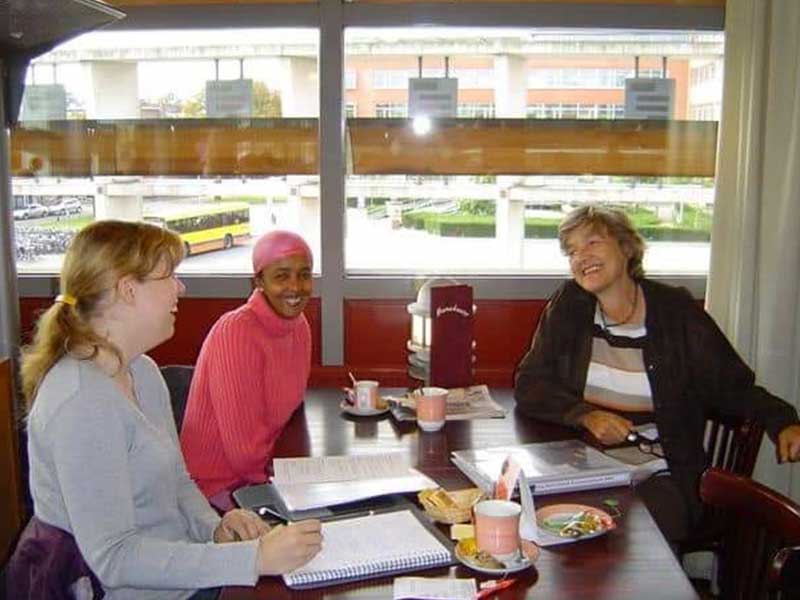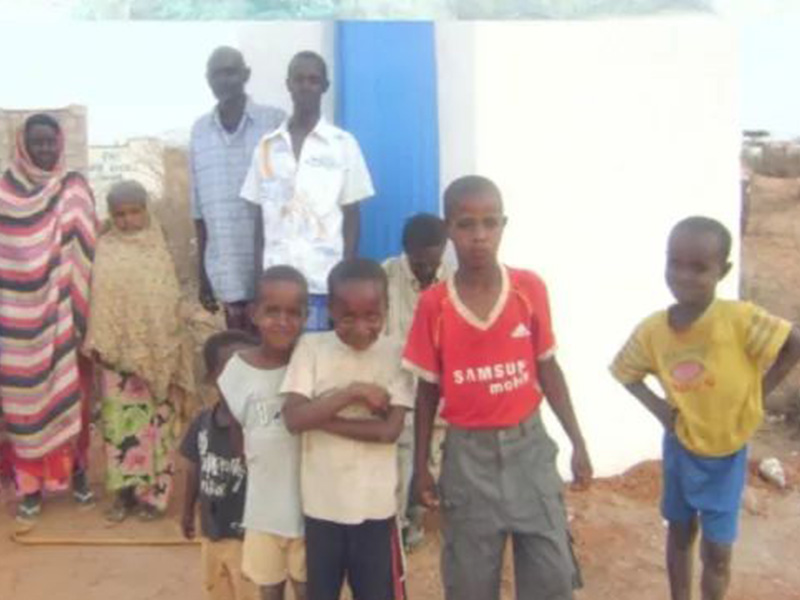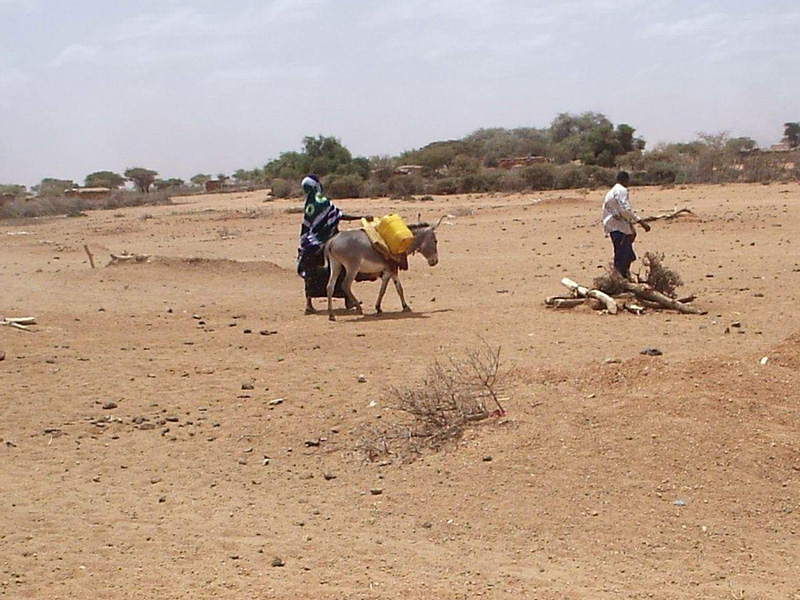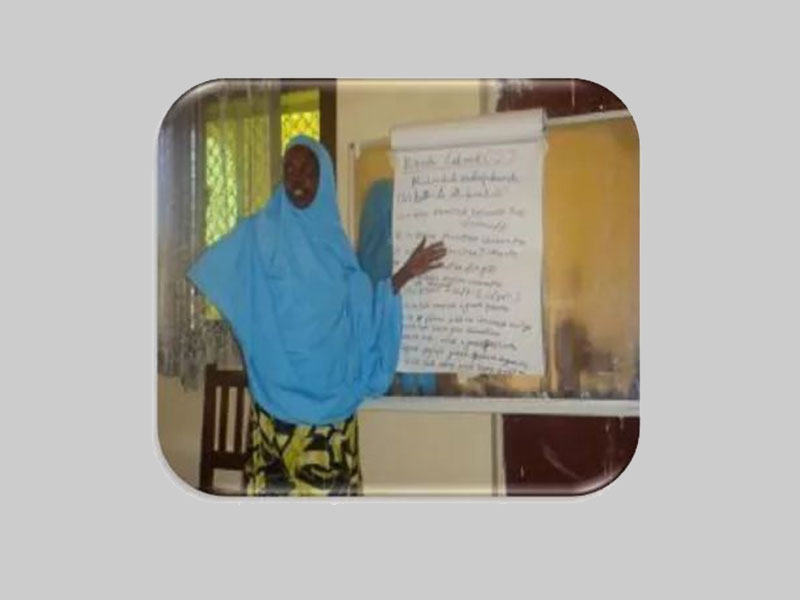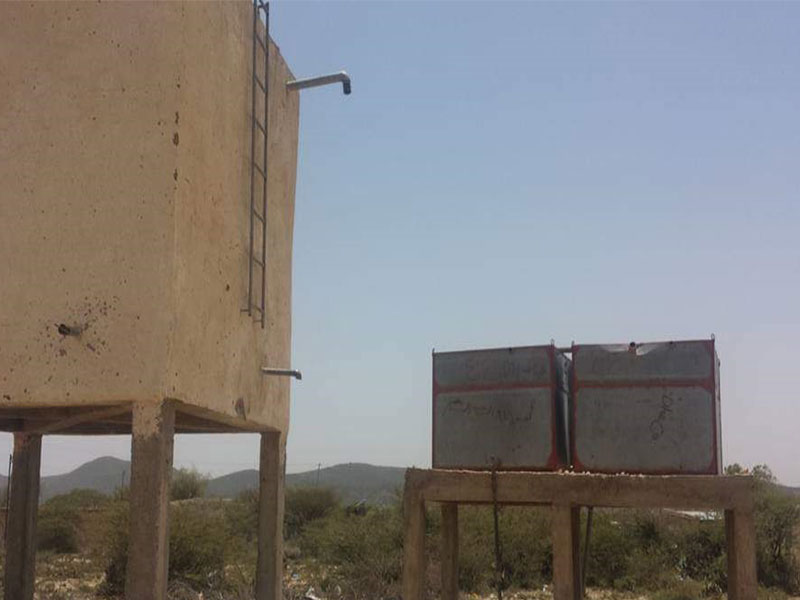OVERVIEW
More than two decades of Said Barre’s destructive regime followed by the collapse of Somalia’s Central Government in 1991 and the subsequent local conflicts have all combined to make the country’s population the most vulnerable in terms of human development in the World. The country’s basic physical and institutional infrastructure has almost entirely been destroyed, while tens of thousands of people sought refuge in the neighboring countries and many more becoming Internally Displaced Persons (IDPs).As a consequence, Somaliland and Somalia have the highest incidences of poverty and unemployment in the world – estimated over 60%. A large proportion of the population live under conditions of absolute poverty where malnutrition and starvation are not just a constant fear but an everyday reality in their lives. It is from this perspective that the current challenges facing Somaliland can, at least, be described as monumental. Food security and the establishment of a firm production base capable of absorbing the country’s labor force and providing it with a sustainable means of livelihood therefore lie at the top of the country’s reconstruction/development agenda.
FAIR TRADE
Better lives for farmers Create jobs and increase household income, reduce malnutrition in children and improve living conditions in urban and rural communities, through the empowerment of women and young adults as wage-earners.
HYGIENE PROJECT
Ending Hygiene The waste generated by households and farms in Somaliland is not collected and disposed of properly. The uncollected wastes end up in streams and rivers causing unsanitary conditions that have a
HEALTHCARE
PREVENTABLE DISEASES A holistic approach to women and child health which includes both nutrition and health services will be adopted with special attention given to the needs of women and girls at all
EDUCATION
CREATING OPEN MINDS Equal access to education for women and girls will be ensured through special measures and programmes designed to eliminate discrimination, universalise education, eradicate illiteracy, create a gender-sensitive educational system, increase
CLEAN WATER
NO CHILD LEFT BEHIND Many of the inhabitants of Burao dispose their waste in water streams and open dumpsites allocated by the municipality. However, such unsanitary waste disposal methods are not efficient


